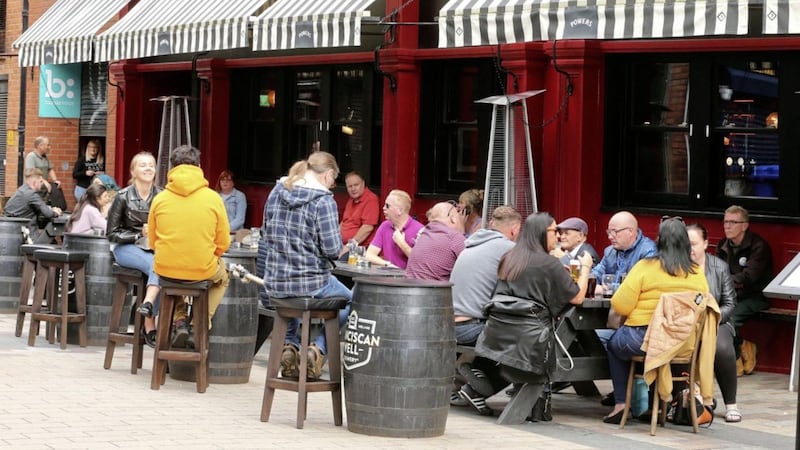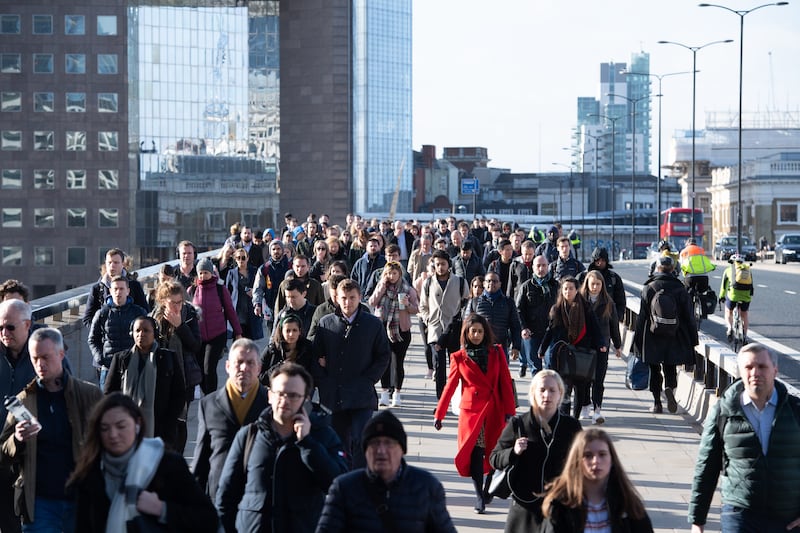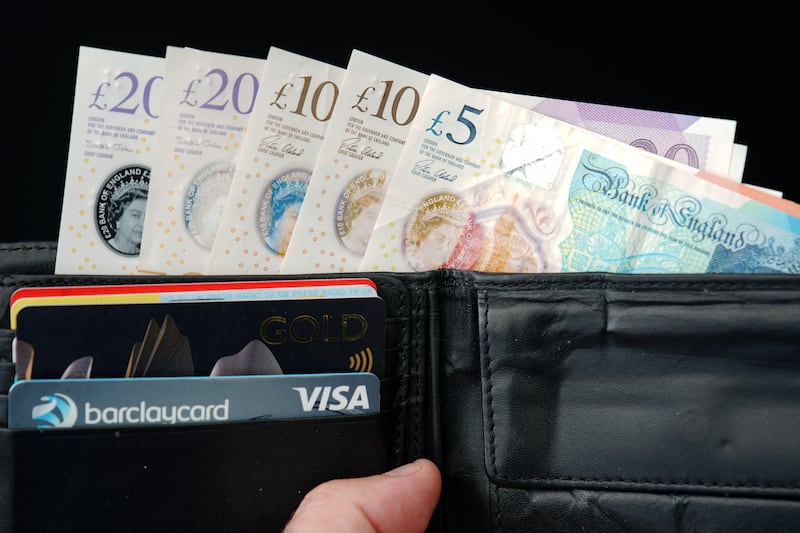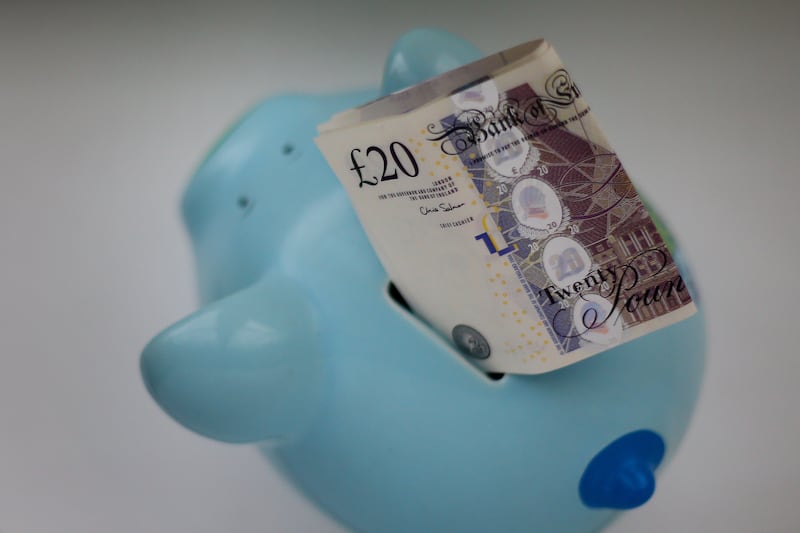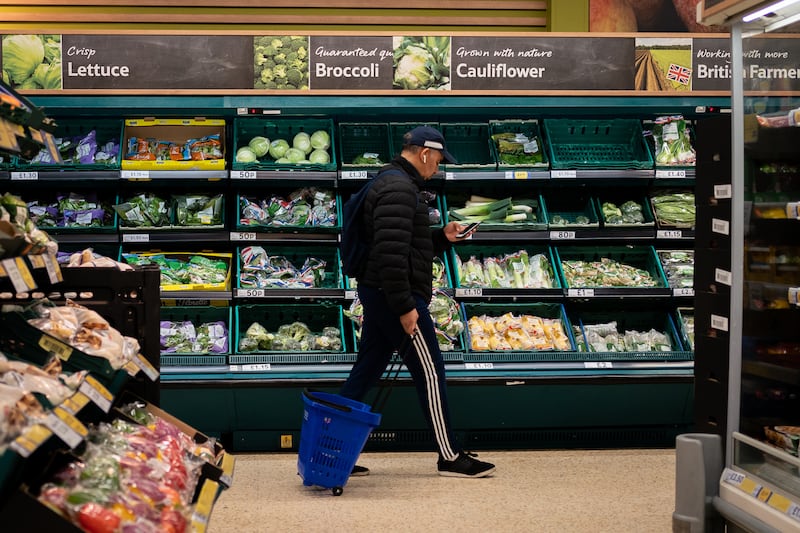INFLATION was pushed higher last month as the end of the UK Government's Eat Out to Help Out scheme saw restaurant and cafe prices bounce back, according to official figures.
The Office for National Statistics (ONS) said Consumer Prices Index (CPI) inflation rose to 0.5 per cent in September from 0.2 per cent in August.
It came as the Eat Out to Help Out discount scheme to boost the embattled hospitality sector amid the pandemic finished at the end of August, which had helped send inflation to its lowest level for nearly five years.
Jonathan Athow, deputy national statistician at the ONS, said: "The official end to the Eat Out to Help Out scheme meant prices for dining out rose during September, partially offsetting the sharp fall in inflation for August.
"Air fares would normally fall substantially at this time due to the end of the school holidays, but with prices subdued this year, as fewer people have been travelling abroad, the price drop has been less significant."
The September figure is used to decide the annual increase in business rates, which will mean a rise of nearly £160 million in England, according to real estate adviser Altus Group.
It's unclear what the implication will be for Stormont's non-domestic rate.
While hard-hit retail, leisure, tourism and hospitality firms have been given a one-year business rates holiday, this is set to end on March 31 - just before the new rate kicks in on April 1.
September's CPI is also used in the calculation for state pensions, although the triple-lock rule means the payout will rise by 2.5 per cent as it guarantees to increase by the highest figure out of CPI, earnings growth for the year to July, or 2.5 per cent.
State benefits are likewise decided by the September inflation figure, meaning payments will rise 0.5 per cent next April, which is far less than this year's 1.7 per cent increase.
The ONS data showed that restaurant and hotels prices rose 3 per cent month-on-month in September.
Transport costs also helped send inflation higher, with the cost of second hand cars rising as Britons shunned trains and buses due to coronavirus fears.
